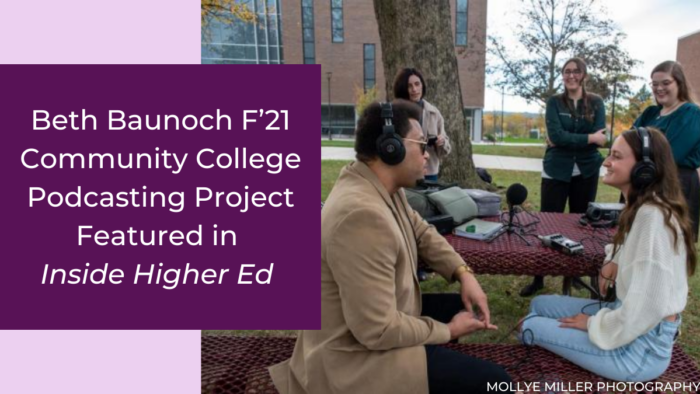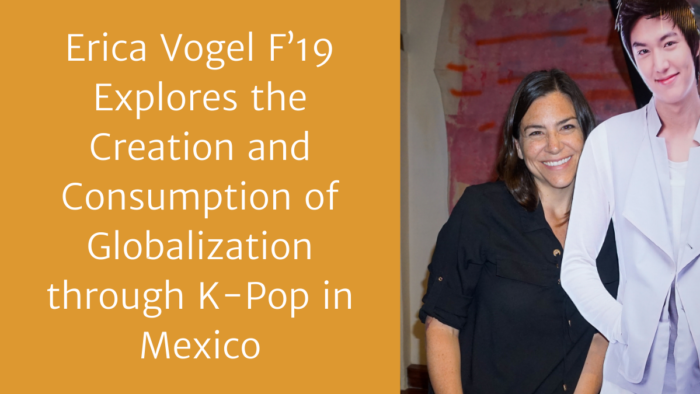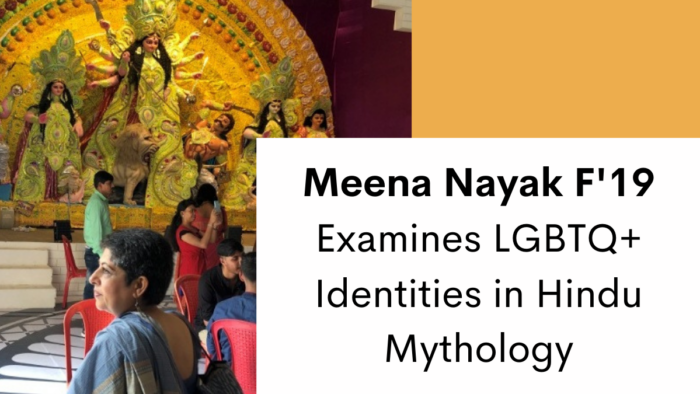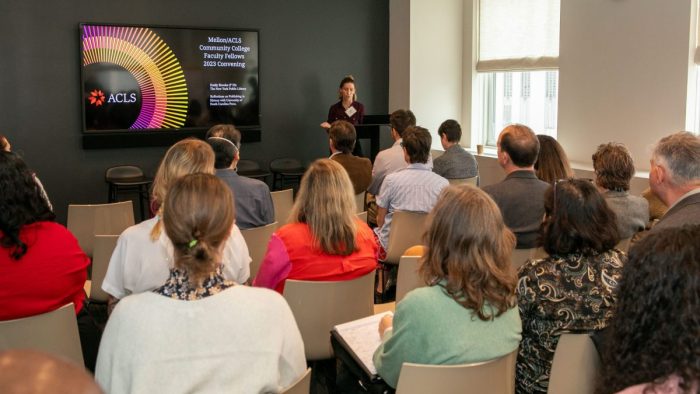

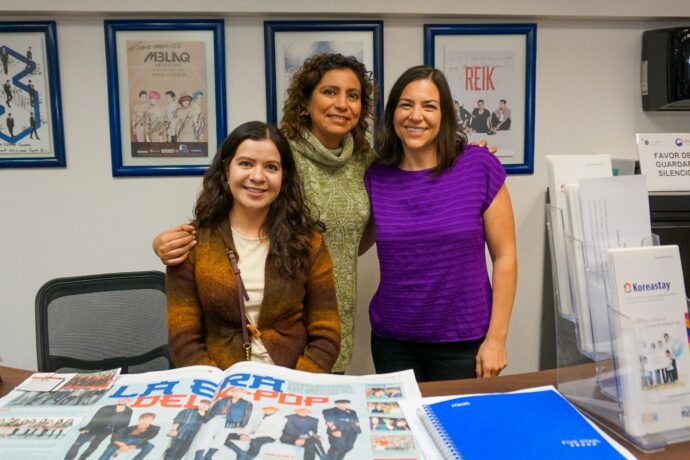
The Mellon/ACLS Community College Faculty Fellowships recognized the vital contributions to scholarship, teaching, and local communities made by humanities and interpretive social science faculty who teach at two-year institutions. The $40,000 awards were tailored to the faculty member’s circumstances and support wide-ranging research and pedagogical ambitions. Fellows used the awards to pursue projects with a variety of outcomes, including articles, book chapters, or books; course materials; exhibitions; community or campus events; online resources; and more.
The program offered four competitions, and named its final cohort in 2022. In total, ACLS has supported 110 community college faculty members from colleges across the United States. The program was made possible by a grant from the Mellon Foundation.

